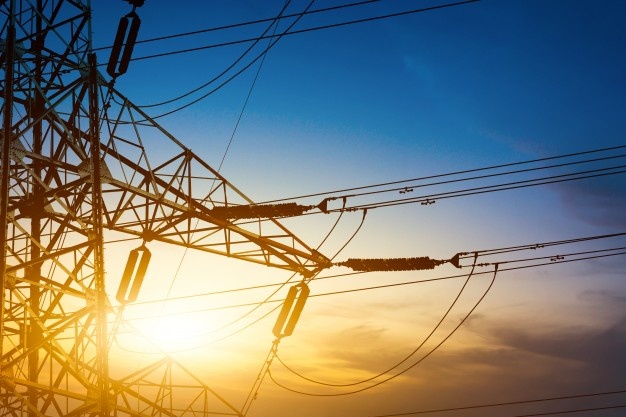SAP’s global vice president, Futurist and Innovation Evangelist, Tom Raftery, acknowledged that as little as a decade ago, positions like ‘innovation evangelist’ or ‘Futurist’ were neither heard of nor necessary.
However, given the rate of the energy transition around much of the world, consumers, commercial operations and entire industries are experiencing disruption at a rapid rate, and Raftery’s insights proved to be both poignant, and a wake-up call to many in the industry.
According to Raftery, industries such as healthcare, energy, transport, manufacturing, farming and energy will be changed and supply chains will be transformed.
This year’s Saphila, which took place between 10 and 11 June 2019, focused on the ‘Intelligent Enterprise’, providing insight into the shift beyond digital into an era where tech is built into every single interaction.
Raferty ardently stressed his belief that disruption to an industry ultimately leads to more diverse job opportunities, with innovation resulting in more, new and different jobs for people, rather than taking jobs away overall.
In his presentation, the futurist referenced the Spinning Jenny, a machine for spinning from multiple spindles. Despite the fear of job losses at the time, the Spinning Jenny was one of the key developments in the industrialisation of weaving during the first industrial revolution, resulting in different market demands, and innovation or creation of a number of different industries around the textile industry.
Futurist remarks on Africa’s smart energy future
On manufacturing
“Mass customisation is already a possibility. Fiat has produced a completely customisable, fully electric car (EV), in which every part is personally chosen. The batteries come in modules of range, and if you want to, you can even rent another battery for the weekend with a bigger range, put it into your vehicle and use it, and then swap it back out again for your own when the weekend is over.”
A smart city initiative
“Los Angeles is blazing the trail for connected street lighting using the product-as-a-service model, in which the LED street lights are owned by Philips. This is a wonderful example of having the customer’s wants and needs aligned. The city wants the lights working all the time, and the smart system that Philips runs allows for constant maintenance, including predictive maintenance, which allows Philips to do the best job possible and in turn bill the client at a higher percentage of always-on lights.”
Renewable energy
“We are seeing a huge disruption in energy also. In the solar space, the cost curve is going down, in what is a beautiful virtuous circle, and the price of solar energy is now below the price of natural gas. Wind prices are also dropping – they’ve dropped 50% since 2012 – and the capacity factor for wind is now higher than that of coal.
“Battery energy density is also improving – batteries are holding more power and becoming 20% cheaper every year. The combination of renewable energy options plus the batteries that are needed for storage is now working out cheaper than coal and gas.”
Electric cars
“The range of electric cars is changing, and so is the speed of the car’s battery charging. Companies will soon be giving lifetime guarantees on batteries. By 2022, we expect to reach a cross-over point when it will be cheaper to buy an electric vehicle compared to an equivalent combustion engine vehicle.
“BP and Shell are both investing in buying chargers; China is dominating the market in the creation of electric buses globally – and will soon start exporting them; Harley is making an electric bike and scooter; and Renault is also making an electric refuse vehicle, which will allow for inner-city clean-ups with no polluting emissions or noise pollution, at the same time as the garbage is being removed.
“As for electric planes, Boeing, Airbus and Rolls Royce are all exploring this, while EasyJet wants an electric plane that, by 2030, will be capable of travelling 500km and carrying 180 people.”
Healthcare
“The healthcare of today revolves going to the doctor, making an appointment and ultimately being diagnosed using data that can be out of context, for example when we’re sitting in a doctor’s room, our blood pressure could be up somewhat because of the mental stress of wondering what’s going on at work. Going forward, data will be gathered automatically and round the clock, resulting in data that is far richer and better and will lead to better diagnoses. The world of health is improving thanks to digitalisation.”
In conclusion, Raftery said: “The world is changing, and it’s changing fast. I try to remain positive in my presentations and stay away from the old doom-and-gloom philosophy…But the real concerning issue of our time is climate change, and so this is why I give so much focus to the possibilities of renewable energy, electrification, clean meat and vertical farms.”





